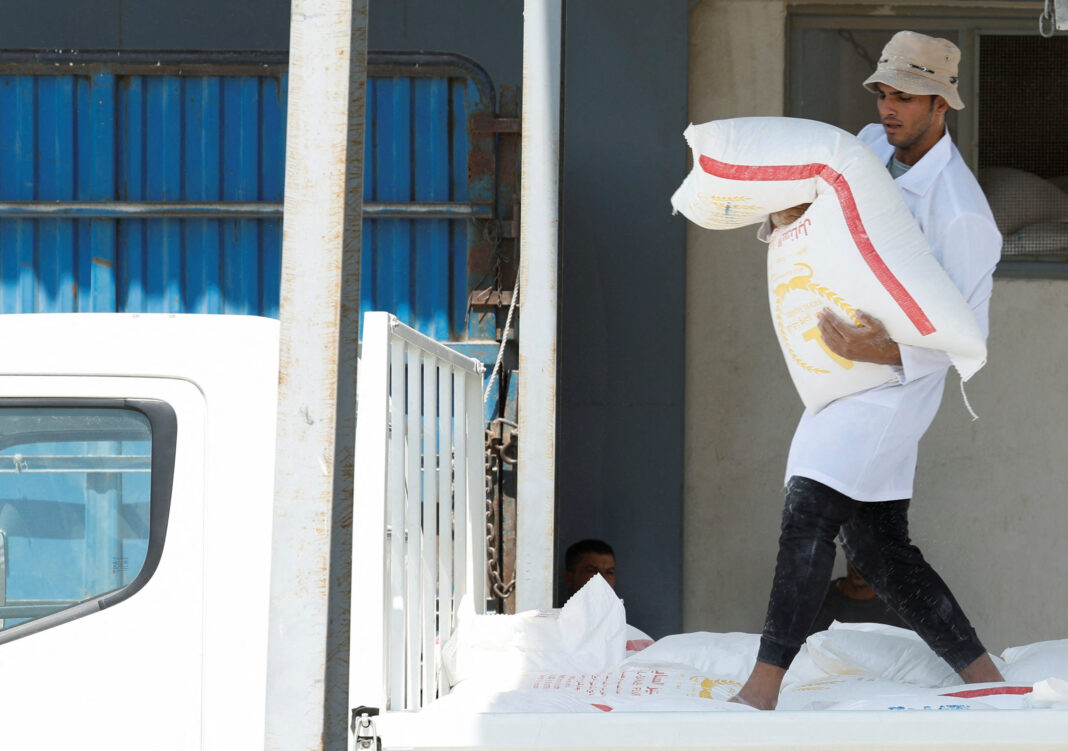Baghdad – Iraq cuts flour imports as Prime Minister Mohammed Shia Al-Sudani inaugurates a major milling factory in Babel. This bold step aims to boost local food production and reduce dependence on foreign suppliers. Located in the southern province, the plant represents a major investment in food security.
The new factory, owned by Etihad Food Industries, will produce one million tons of flour annually. That output will meet about 50% of the country’s domestic needs. As a result, the government expects to save $750 million every year by lowering flour imports.
Construction took only 11 months. The government prioritized the project to strengthen national food systems. During the opening, Al-Sudani highlighted the importance of local industry in stabilizing Iraq’s economy.
Moreover, Etihad Food Industries already plays a big role in Iraq’s food sector. The company is well known for producing sugar, vegetable oil, and flour. This expansion confirms its position as a key contributor to Iraq’s economic development.
This project is part of a broader push to reduce reliance on imported flour, especially from Turkey. With new production capacity, Iraq cuts flour imports and builds food resilience. The facility also provides new jobs and boosts the regional economy in Babel.
Furthermore, advanced milling technology powers the factory, ensuring high efficiency and quality. Government officials say this plant sets a new standard for future food projects. They hope similar efforts will follow across other provinces
In a time of global supply chain pressure, Iraq cuts flour imports by investing in self-reliance. This new plant is more than infrastructure—it is a commitment to national strength and food independence.
In conclusion, The launch signals a long-term shift in food policy. Iraq is working hard to produce more and import less. This bold move shows real progress toward a stable and self-sufficient future. Experts say continued investment in local industries will be key to sustaining this momentum.



